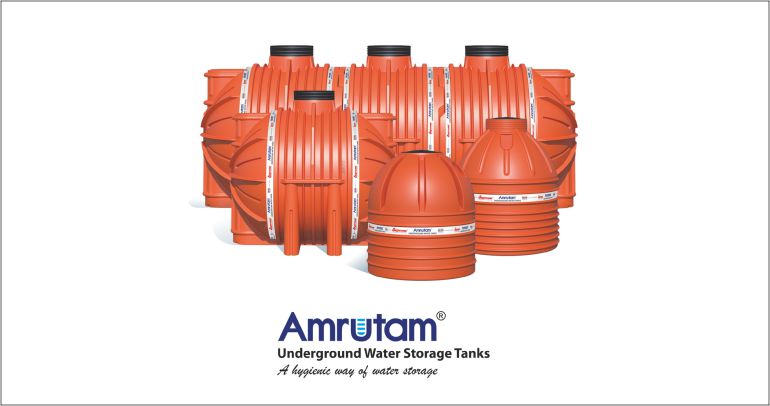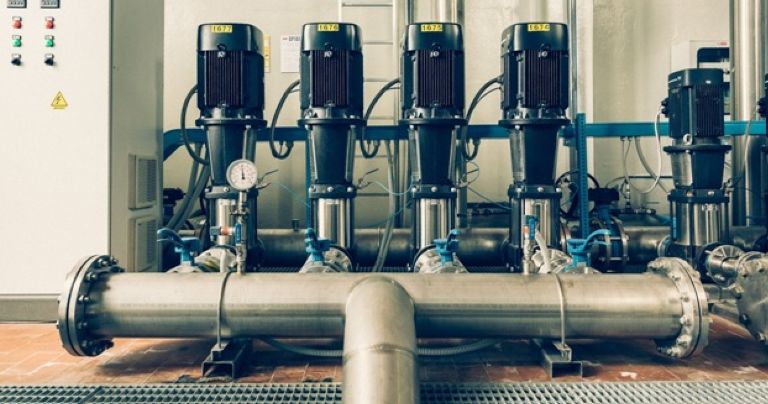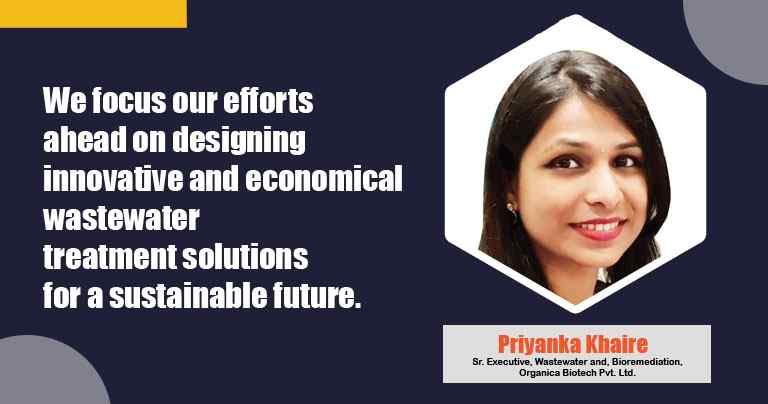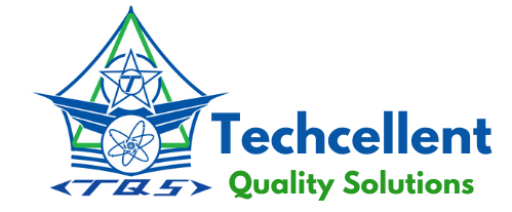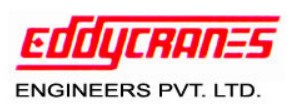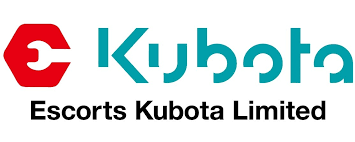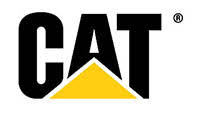Microbster: a powerful nutrient-enriched replacement to additives
By Edit Team | November 19, 2018 9:58 am SHARE
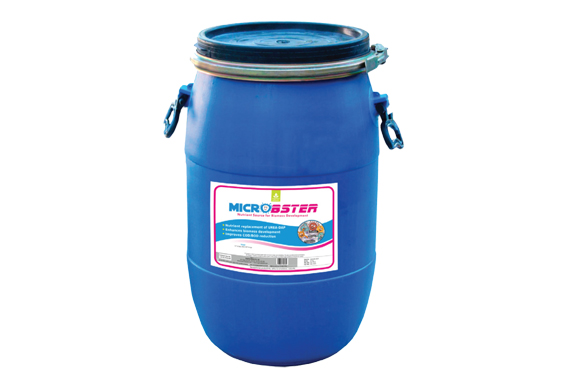
The market for wastewater treatment technology is price-sensitive; this trend has witnessed humongous changes in the past few years. In the last three years, the average price of wastewater treatment and disposal has been increasing at an estimated, steady annualiSed rate of 1.4 per cent, according to published data. Benign volatility in price works out for buyers as it indicates low risk of significant price fluctuations.
CleanMaxx
The microbial technology CleanMaxx offered by Organica Biotech reduces organic matter and eliminates the aforementioned issues. Use of technology leads in capex/opex costs resulting in maximal savings for the industries increasing the number of customers for the company who choose quality over costs. With growing awareness, this number is bound to rise.
Organica Biotech is driven by the urge to produce high-quality solutions at affordable prices. Its all-round technology confers the following benefits:
Degrades “difficult to degrade” compounds.
Reduces COD/BOD levels.
Handles variable shock loads.
Curbs foaming and scumming.
Reduces odour and colour intensity.
Reduces nitrates and phosphates.
Latest offering
Microbster is a nutrient –enriched replacement to conventional additives such as urea, dap, jaggery etc. The effective product performance ensures enhanced efficiency of the ETP.
Benefits
Effective at just one-fourth dosage as that of urea-dap.
Enhances MLSS development.
Improves BOD and COD reduction.
Aids in reducing recovery time after an upset.
Aids in uptake of recalcitrant compounds.
Prevents unwanted addition of chemicals.
New Initiatives
The product provides all the vital elements required to initiate and boost the growth of microflora in the wastewater treatment plants which conventional additives would otherwise lack. This leads to appropriate biomass development which can lead to 80-85 per cent reduction in organic matter.
New developments like ‘Make in India’ and advent of online effluent monitoring systems has propelled wastewater treatment technology to greater heights. The government initiative has aided technological advancement in India.
Most industries including chemical, tanneries, pharmaceuticals, fertiliser, oil processing and refining, dyestuff and textile, etc., release their effluent without appropriate treatment. Therefore, efforts have been made through technological interventions to bring self-discipline in the industries to exercise self-monitoring and compliance and transmit data of effluent and emission to SPCBs/PCCs and to CPCB on continuous basis.
Increasing strignency of the norms laid down by the Central Pollution Control Board (CPCB) have been compelling the industries to upgrade their processes.
Authored by
Shruti Dambhare,
Account Manager,
Organica Biotech
Cookie Consent
We use cookies to personalize your experience. By continuing to visit this website you agree to our Terms & Conditions, Privacy Policy and Cookie Policy.



